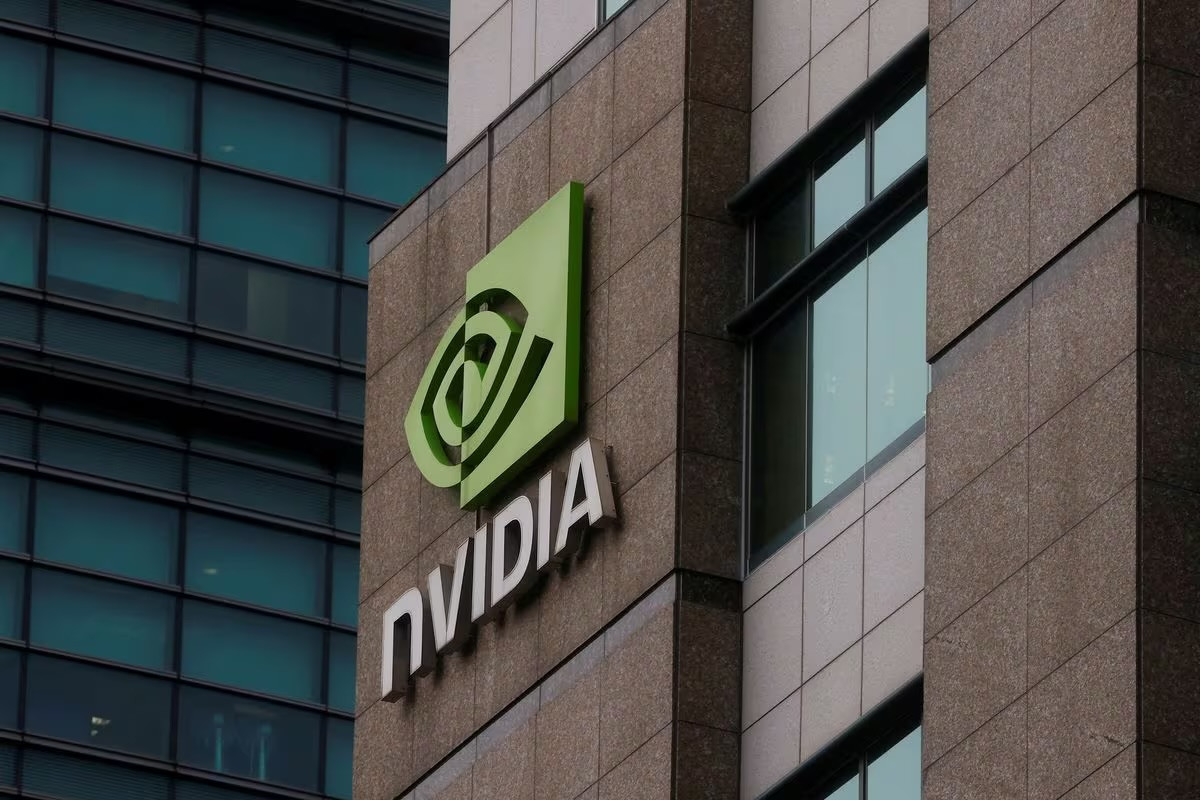Nvidia said on Tuesday it expects a $5.5 billion (£4.2bn) hit after the United States imposed stricter export rules on AI chips sold to China, a major market for the tech firm.
The new curbs, which require licences for sales of Nvidia’s H20 chip to China and Hong Kong, follow broader moves by Washington to tighten controls on advanced technology exports to Beijing amid escalating trade tensions.
Nvidia, whose chips power much of the current artificial intelligence boom, confirmed the charges relate to inventory, purchase commitments and related reserves associated with the H20 product line.
The US Commerce Department said it had issued fresh licensing rules targeting high-end AI chips, including Nvidia’s H20 and AMD’s MI308, citing national security risks linked to possible use in Chinese supercomputers.
“While the H20 is not our most powerful chip, its memory bandwidth and connectivity could support supercomputing applications,” Nvidia said in a statement, noting the requirement would remain “indefinitely”.
Shares in Nvidia fell nearly 6% in after-hours trading. AMD shares also dropped 7%.
The H20 is Nvidia’s most advanced chip available for the Chinese market, where tech firms such as Tencent, Alibaba and ByteDance had increased orders to support rapid development of local AI models, including those by startup DeepSeek.
A recent report by the Institute for Progress, a Washington think tank, said there were signs some Chinese firms had already deployed H20 chips in facilities possibly breaching existing export controls.
Analysts said the financial impact, while substantial, would not significantly undermine Nvidia’s long-term outlook.
“This is a blow, but Nvidia can absorb it,” said Marc Einstein of Counterpoint Research. “It also highlights the broader tension affecting the whole US semiconductor ecosystem.”
The development comes as Nvidia plans to invest up to $500 billion in US-based AI server infrastructure over the next four years, a move in line with Washington’s push to localise chip manufacturing.
Industry watchers warned that the restrictions could further accelerate the decoupling of US and Chinese tech supply chains.
“It no longer makes sense for Chinese firms to rely on US chips,” said Rui Ma, founder of the Tech Buzz China podcast. “With data centre capacity already in oversupply, alternatives will emerge quickly.”
It remains unclear whether the US will approve any export licences for the affected products.

